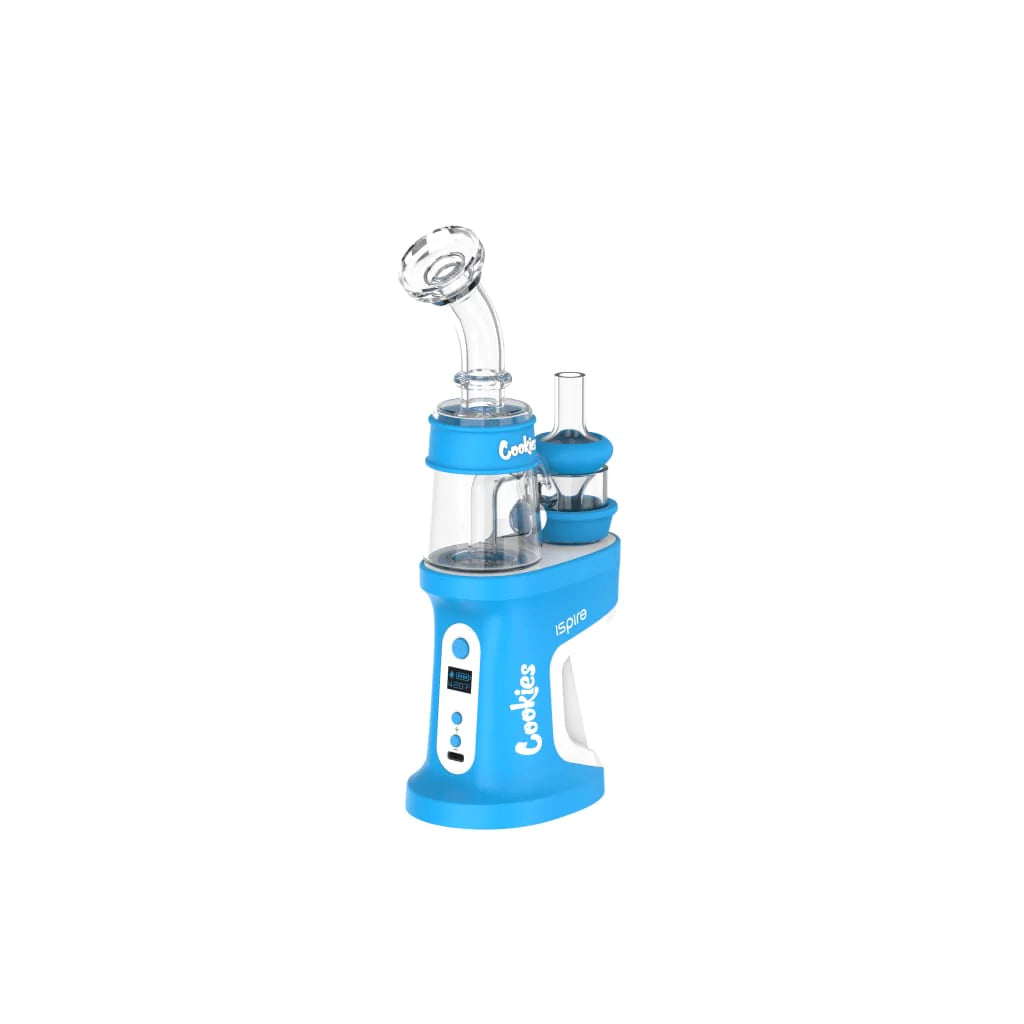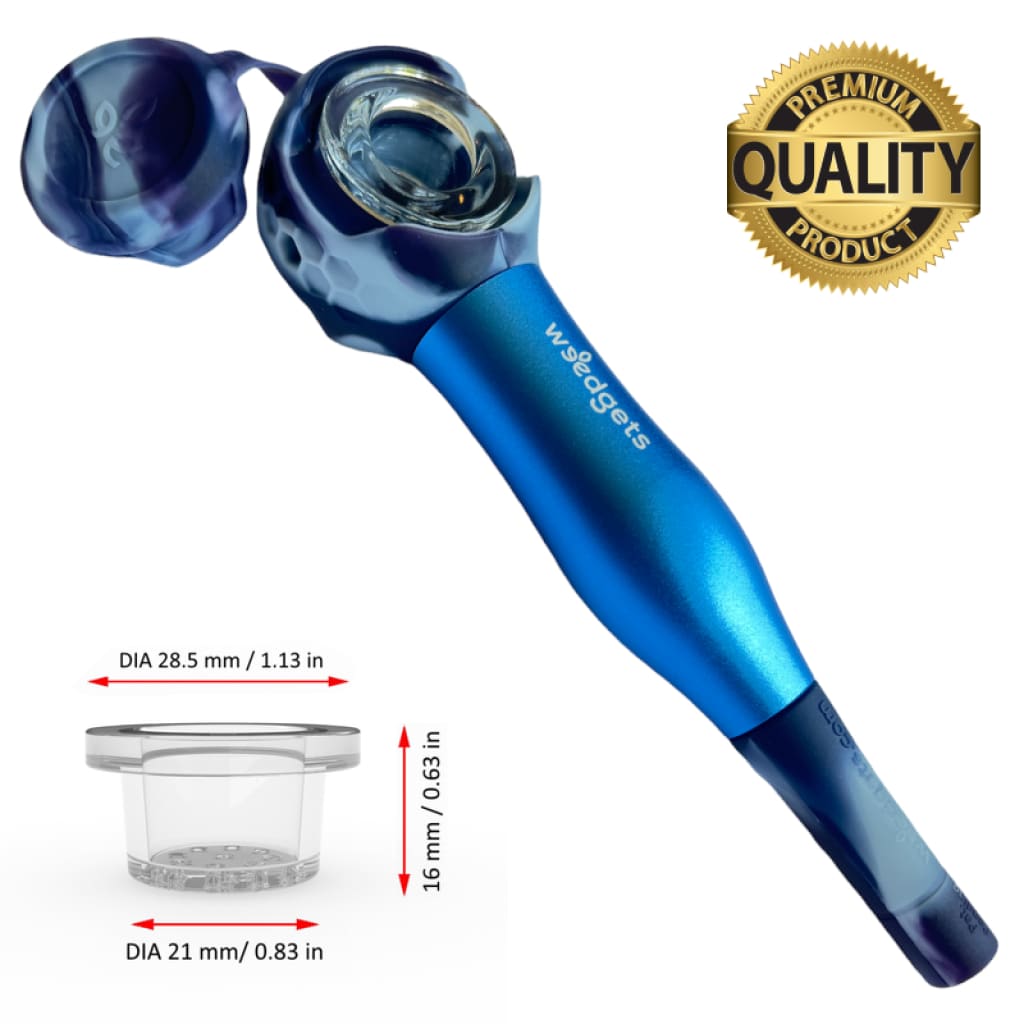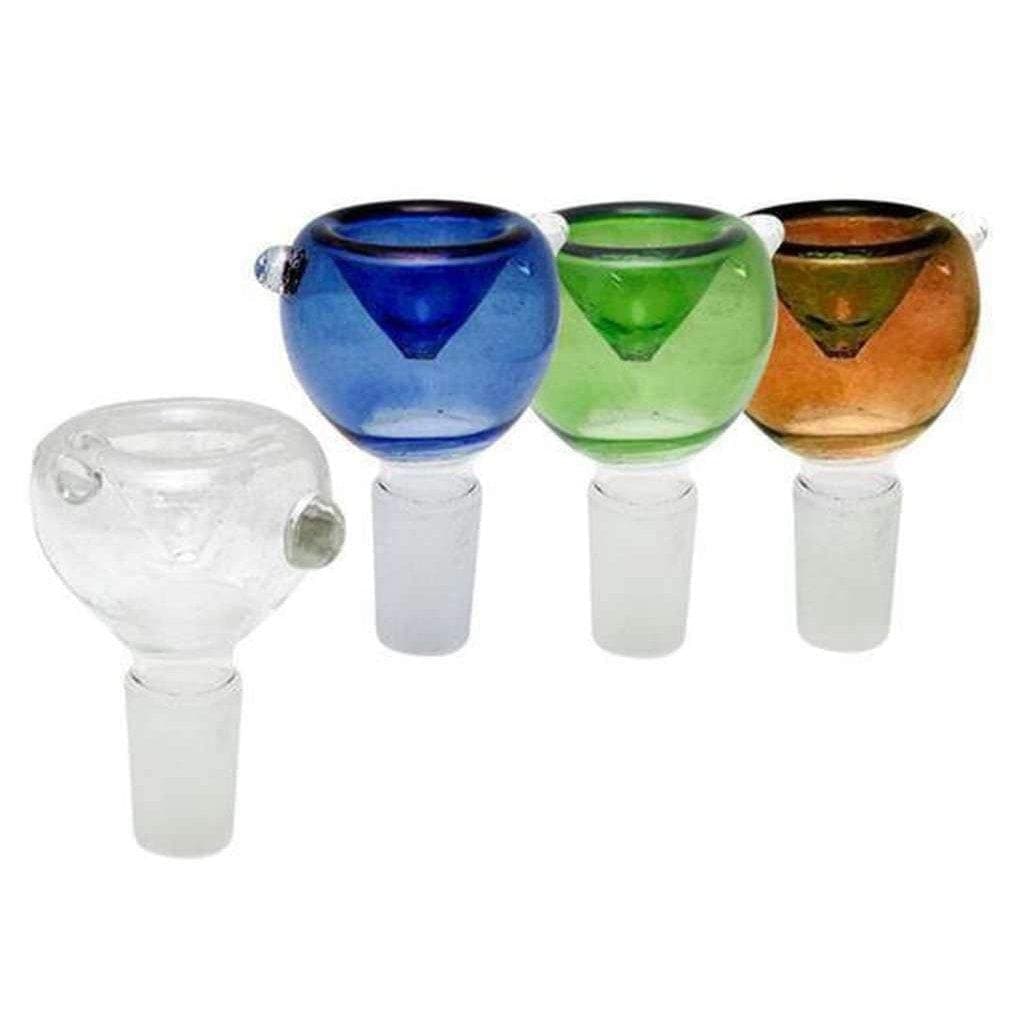Chemicals Used In Cannabis Growing
Just like any other agriculture industry, the chemicals which commercial cannabis growers use while growing cannabis intended for human consumption must be carefully regulated. In Colorado, reporters at the Cannabist helped bring this problem to light 2015 when they independently tested cannabis concentrate products only to find excessive amounts of residual pesticides in the products they were consuming. Their investigation ultimately led to mass changes and new rules in the testing process of cannabis products.
The State of Colorado defines what pesticide products are safe to use during the cultivation of marijuana. Currently there are more than 300 different fungicides, insecticides, and miticides allowed for use in the cannabis industry. Although that may seem like a very high number, there are more than 12,000 available pesticides in the state.
Common illegal pesticides found in cannabis products include:
- Myclobutanil – a fungicide found in Eagle20, is common in California for grapes, almonds, and strawberries. Although acute toxicity is low in humans, it is listed by the EPA as a developmental toxin. Burning myclobutanil can also release harmful chemicals, thus having residual amounts on the flower you are planning to light and inhale is potentially harmful. Workers exposed to myclobutanil have reported symptoms such as skin rash, allergic dermatitis, itchiness, nausea, headache, diarrhea, abdominal pain, vomiting, nosebleed, and eye irritation.
- Imidacloprid - this moderately hazardous insecticide is an ingredient in Merit and Mallet pesticide brands is moderately toxic if ingested or inhaled, but it’s more harmful to insects than it is to mammals. This pesticide is a bee killer which can causing poisoning symptoms in humans including fatigue, cramps, muscle weakness, and twitching. Workers reported skin or eye irritation, dizziness, breathlessness, confusion, or vomiting after they were exposed to pesticides containing imidacloprid.
- Avermectin – also called abamectin, another developmental toxin, is an insecticide found in Lucid and Avid pesticide brands. This pesticide is listed as harmful if inhaled, and is also deadly to bees and fish. Guardian, another pesticide, was found to have avermectin in its ingredients despite labeling their product organic. This resulted in recalls and a in 2016.
The toxic effects of abamectin after oral ingestions include altered mental status, respiratory failure, and hypotension.
There’s Hope
As the cannabis industry continues to evolve, the client-base is evolving with it. The typical cannabis consumers are shifting from the “Cheech & Chong” persona of buying an eighth of anything, into educated, discerning cannabis connoisseurs who demand more from their growers and dispensaries. Many consumers are looking to the marijuana industry to resolve health issues and they are becoming increasingly health-aware, chemical-aware, and cannabis intelligent. This kind of consumer influence in the cannabis industry creates pressure to maintain certain standards for clean, chemical-free products.
Between October of 2015 and December 2016, a total of 52 product recalls took place according to the updated list on the Cannabist, with 36 in 2016 alone. However, it appears the numbers are on the decline in 2017 with only 7 recalls for the year so far:
- Jan. 19, 2017: GMC LLC (DBA Green Man Cannabis) , from the Denver Department of Environmental Health
- April 3, 2017: Herbal Options LLC/Rocky Mountain Ways LLC (DBA Good Meds) , from the Denver Department of Environmental Health
- April 14, 2017: Claudette Homegrown LLC (DBA Mountain Medicines) , from the Denver Department of Environmental Health
- April 26, 2017 (two state recalls): Herbal Options, LLC (DBA Good Meds) and Rocky Mountain Ways, LLC (DBA Good Meds) The Herbal Options press release, from the Colorado Marijuana Enforcement Division The Rocky Mountain Ways press release, from the Colorado Marijuana Enforcement Division
- May 16, 2017: Rino Supply Co. Inc. , from the Denver Department of Environmental Health
- July 24, 2017: Buddies Wellness LLC (DBA La Bodega) , from the Denver Department of Environmental Health
- July 27, 2017: Buddies Wellness LLC (DBA La Bodega) for powdery mildew and mite contamination , from the Denver Department of Environmental Health








